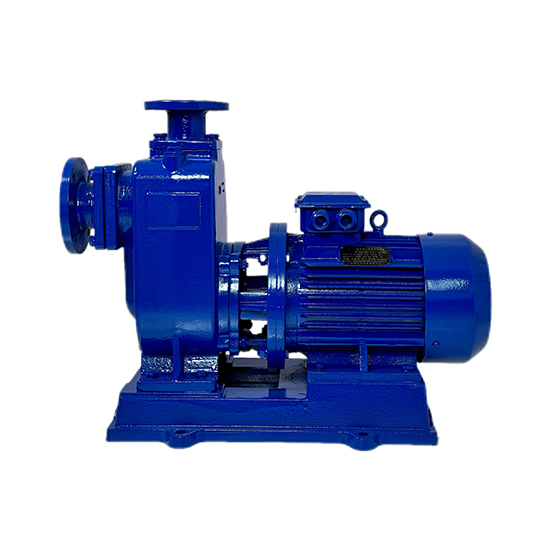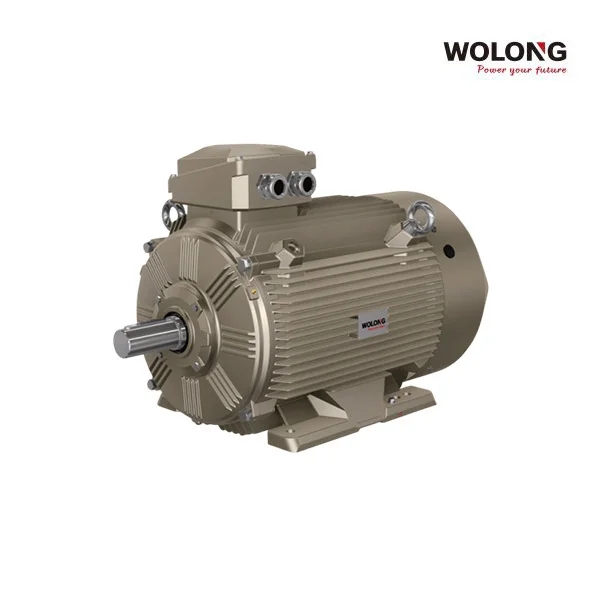As a sole proprietor, you may be wondering how to accurately calculate the value of your business. This is an important question, as knowing the value of your business can help you make informed decisions about growth, expansion, and potential sales. In this article, we will explore the various methods used to calculate the value of a sole proprietorship.
- Determine the Net Income
The first step in calculating the value of a sole proprietorship is to determine the net income of the business. This can be done by subtracting all expenses from the total revenue. Net income is an important metric, as it reflects the profitability of the business.
- Consider the Assets
Next, consider the assets of the business. This includes any property, equipment, inventory, and cash on hand. These assets can be used to generate income and are therefore an important factor in determining the value of the business.
- Evaluate the Liabilities
In addition to assets, it is important to evaluate the liabilities of the business. This includes any outstanding debts, loans, or other financial obligations. Subtracting the liabilities from the assets will give you the business's equity, which is another important factor in determining its value.
- Use the Capitalization Method
One common method used to calculate the value of a sole proprietorship is the capitalization method. This involves dividing the net income by a capitalization rate, which is a percentage that reflects the risk associated with the business. The resulting number is the estimated value of the business.
- Consider the Market Approach
Another method used to calculate the value of a sole proprietorship is the market approach. This involves comparing the business to similar businesses that have recently been sold. By analyzing the sales prices of these businesses, you can estimate the value of your own business.
- Seek Professional Help
Calculating the value of a sole proprietorship can be a complex process, and it may be beneficial to seek the help of a professional. A business appraiser or accountant can provide valuable insights and help you determine an accurate value for your business.
In conclusion, calculating the value of a sole proprietorship requires careful consideration of various factors, including net income, assets, liabilities, and market trends. By using the methods outlined in this article and seeking professional help when necessary, you can accurately determine the value of your business and make informed decisions about its future.




More Stories
Precision Workshop Planning Layout for High-Cleanroom Manufacturing
Multi-Dimensional Iteration and Optimization in Industrial Park Master Planning
Stop Calling It a “Sweatshop”! Future Factory Is Cooler Than You Think